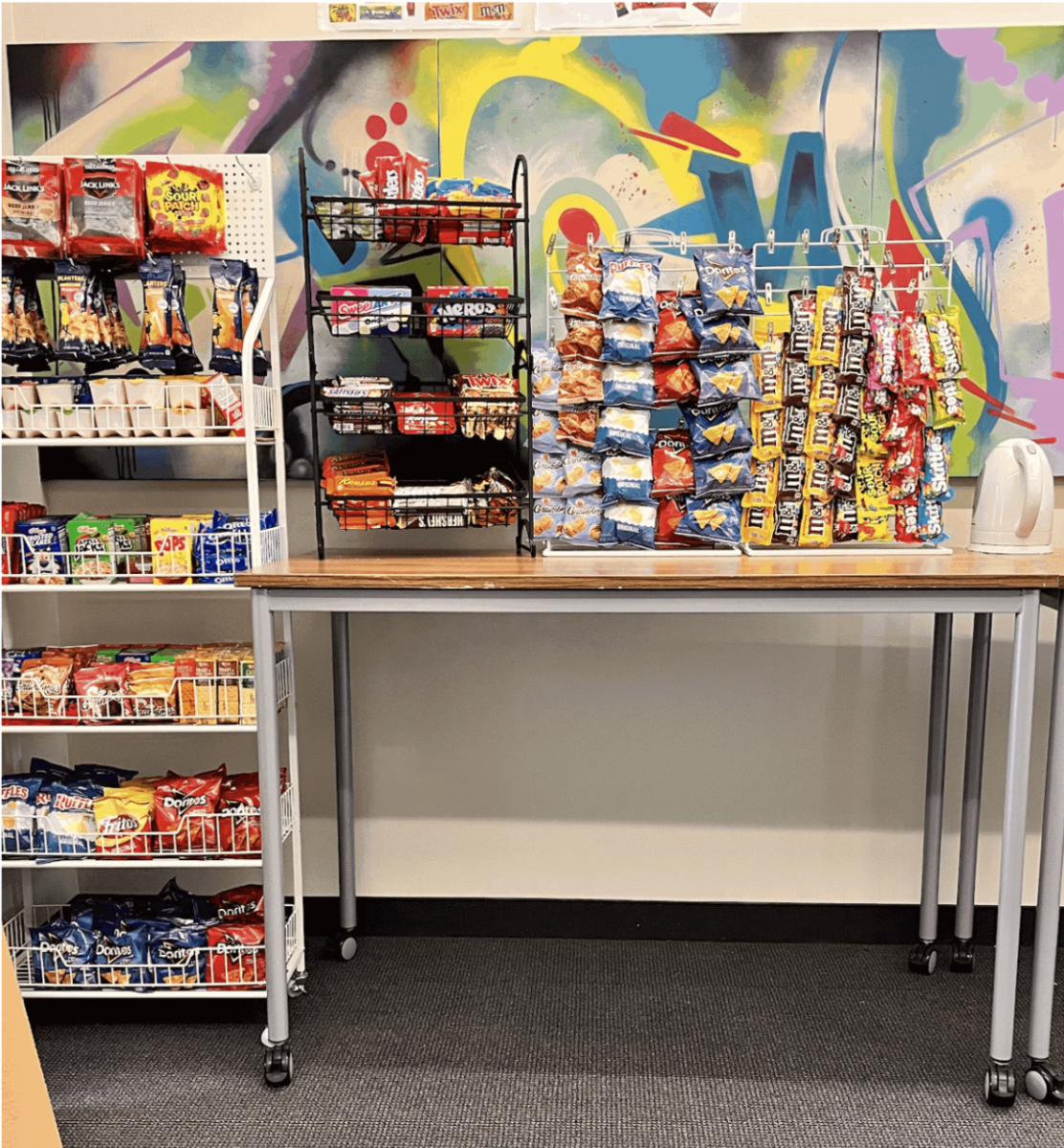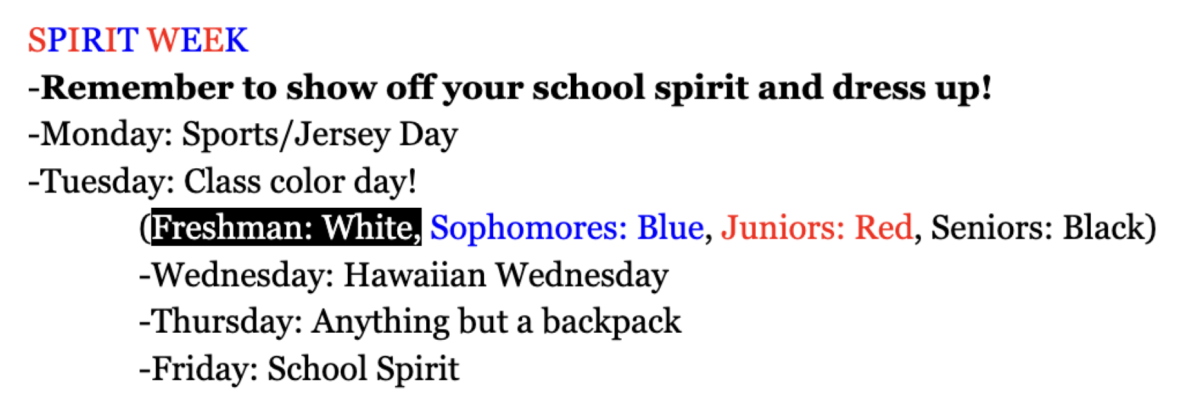Emma Herlihy
Asst. News Editor
Sophomore Katie Burke arrives home after Pilates class with math homework, an English essay, history notes and Symposium due the next day, but only wants to finish it all and go to sleep rather than to telling her parents about her day.
A full day at school followed by lots of homework when arriving home can put teens under stress, causing relationships with parents to become strained.
“The way teenagers grow quickly with hormones and their intellectual capacity is expanding and seeing things in a particular way clashes with parents certain worries and concerns with safety,” said family psychologist Dr. Stacey Shuster.
Stress can set off a series of chemical reactions, which release hormones that are designed to try and suppress these reactions.
“I am especially snappy at my parents during the week because I do not get any sleep,” said sophomore Izzy Holland. “They constantly ask me to do my chores when all I really want to do is focus on my homework. I calm down by taking a break by reading a book that’s not related to school. I also separate myself from my parents or else I know I will snap.”
Teens ho want to preserve a sense of privacy use various methods to prevent parents from seeing what they are doing on the Internet.
Thirty-three percent of teens clear their browser history and 44 percent of parents say they worry about their teens’ safety when they are online, according to Harris Interactive-McAfee.
“I think there is a lot more exposure through the Web and the Internet,” said Shuster. “There is so much more exposure to every situation. Previous generations were more sheltered to things like that. Knowing more about the world makes parents not be the final authority.”
Teens can have a tendency to be single minded and only see their side of an issue, but parents tend to think in a more practical and safety conscious way, according to the University of New Hampshire. Many teens want to be allowed to go out at night with no curfew but parents usually want their children home at a reasonable time to make sure they are safe and making responsible choices.
“I never really fight with my parents, it’s just bickering,” said Burke. “When they don’t want me to do something that I want to do, I explain my point until we come to an understanding.”
Teenagers who have a good relationship with their parents tend to start drinking at a later age, according to the Journal of Studies on Alcohol and Drugs.
“Our work shows that the preventive effect of a later drinking age is likely to be a side effect of a good parent-child relationship,” said Dr. Emmanuel Kuntsche in a study done by the Journal of Studies on Alcohol and Drugs. “In other words, the circumstances in which that first drinks occurs and how parents deal with it is important.”
Many parents want to feel involved with their children’s lives, but when teenagers have the stress of school, extracurriculars and a social life, they do not want to spend time bonding with their parents.
“I think the main cause for fighting between teenagers and their parents in general is not enough communication,” said freshman Katie Stableford.








